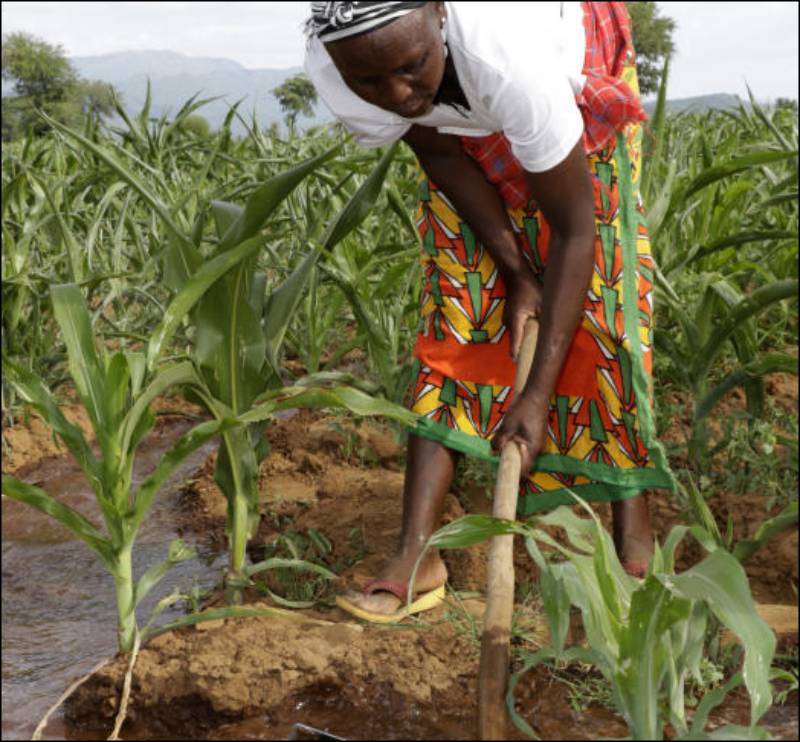×
The Standard e-Paper
Fearless, Trusted News

The pain and trauma of the happenings of March 2017 is slowly fading away and locals moving on with life despite numerous challenges.
At Mukutani village at the border of Baringo South and Tiaty sub-counties, hundreds of locals from the Ilchamus and Pokot communities are now living together.